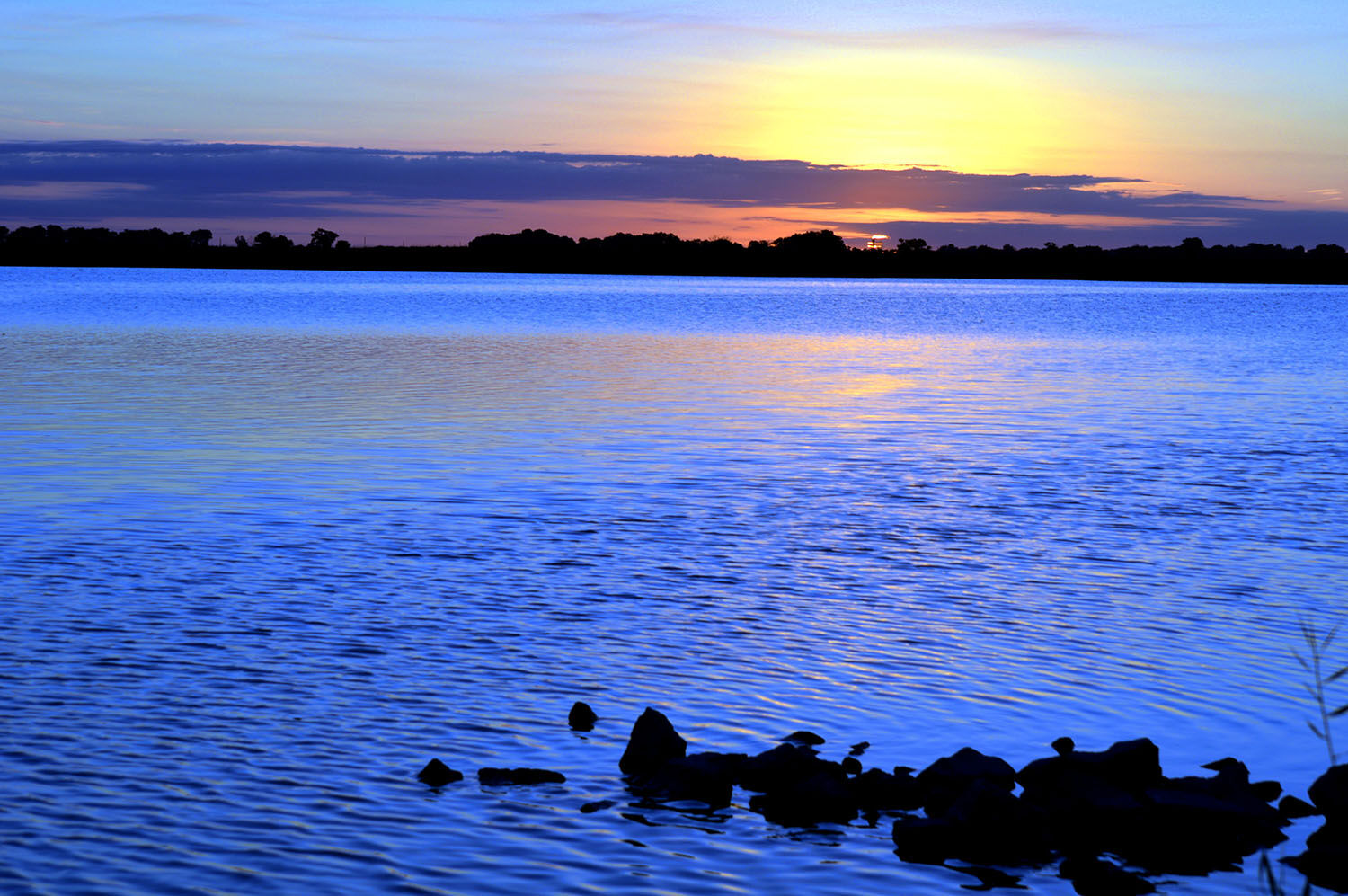A lawsuit filed by the Audubon of Kansas against the state claiming it failed to protect water rights that supply the Quivira National Wildlife Refuge was dismissed by U.S. District Court Judge Holly Teeter.
Teeter in her ruling granted motions to dismiss all claims made by Audobon of Kansas’ suit against both the state and federal governments.
She noted the state defendants were entitled to Eleventh Amendment immunity on all claims against them. The amendment generally bars suits against a state in federal court initiated by citizens of that state or citizens of another state unless there is a defined exception. The federal defendants were also entitled to sovereign immunity on grounds Audobon had not established any “final agency action” that permits it to sue under the Administration Procedure Act.
Although it was not named as a party in the lawsuit, the Big Bend Groundwater Management District No. 5 had intervened to file a brief in support of the motions to dismiss filed by the state and feds. The district is the local governmental entity authorized by the state and Department of Water Resources and the Kansas Legislature to manage the water rights within the district’s boundaries.
Quivira National Wildlife Refuge was established in 1955 and encompasses 22,135 acres in Stafford, Reno and Rice counties in central Kansas. The U.S. Fish and Wildlife Service had an established refuge water right that dates back to 1957.
Audobon contended the state and federal defendants’ failure to acquire, protect and maintain an adequate water supply for the refuge adversely affects it members’ activities at the refuge. Relevant to the refuge water right is that Rattlesnake Creek, which is dependent on groundwater supplies and flows into the creek, has diminished since about 1980 and that was at least partially attributable to the effects of junior, up-gradient groundwater pumping.
The U.S. Fish and Wildlife Service had filed for a right to divert 22,200 acre-feet of water but the state had certified a permit for only 14,632 acre-feet of water. The court noted the refuge has been prevented from exercising full water right because of junior water rights involving Rattlesnake Creek’s basin. That led the U.S. Fish and Wildlife Service to request an impairment investigation to be conducted by the state in 2013. Since the various parties have been looking at solutions and included intermediaries such as U.S. Jerry Moran, R-KS, in 2019.
Teeter noted in the case against Kansas the provision that permits suits against state officials in federal court that seek only prospective equitable relief for violations of federal law. She noted little had been done to distinguish the claims asserted against the federal defendants versus state defendants. She noted it was not easy to discern the specific conduct of any specific defendant since the claims were collective. The ruling said there was no clear indication of how the state defendants violated federal law or what cause of action Audubon was asserting against state defendants.
The crux of it came as part of Audobon’s claim about a 2020 memorandum of understanding between state and governments, but the federal judge noted the state was not a party to the agreement. The memorandum of understanding reflected that in exchange for the district’s promise to conduct certain preliminary activities related to building an augmentation well field and purchasing water rights to supply water for the refuge, the U.S. Fish and Wildlife Service did not take action to address the impairment of the Refuge Water Right for 2020 and 2021. The agreement did not set any dates by which the district had to complete the augmentation of the well field or purchase additional water rights.
The U.S. Fish and Wildlife Service made some initial requests but withdrew them.
Audobon’s assertions toward the federal government included that statements were an agreement the consummation of decision making or establishing any legal consequences regarding the Refuge Water Act. The court ruled the initiation of decision-making process is not the consummation. “They are by their terms agreements to come to an agreement.”
Other assertions are also based on the premise that agreements were in place but Teeter ruled otherwise.
Quivira National Refuge was dedicated to conservation and protection of numerous water life and wetland species. About 7,000 of the refuge’s acres are groundwater-dependent wetland ecosystems and attracts hundreds of thousands of birds annually, including threatened and endangered species and is a primary pathway for many species of migrating birds due to its central location in Kansas. The refuge has a unique combination of rare inland salt marsh and sand prairies and is one of only 30 “Wetlands of International Importance.”
Teeter’s ruling was filed on Oct. 20.
Dave Bergmeier can be reached at 620-227-1822 or [email protected].



